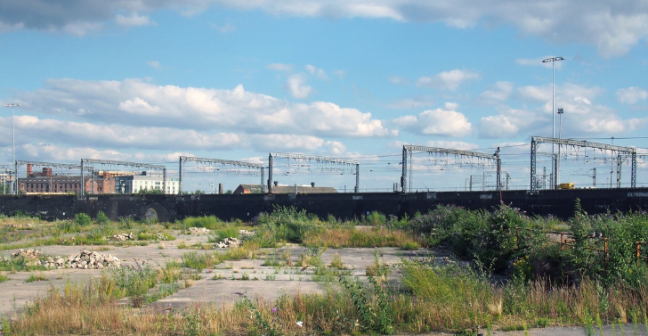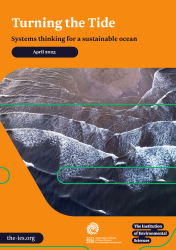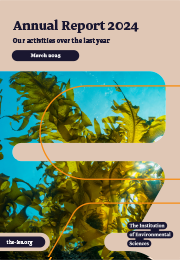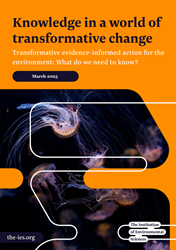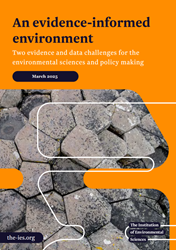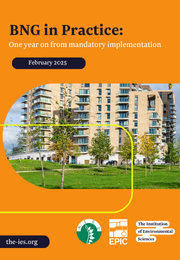In this webinar Jon Davies and Tom Henman talked about the biodiversity value and Biodiversity Net Gain (BNG potential) of brownfield sites as well as the other constraints and opportunities often associated with contamination, landfill and other issues. They also discussed an options appraisal...

